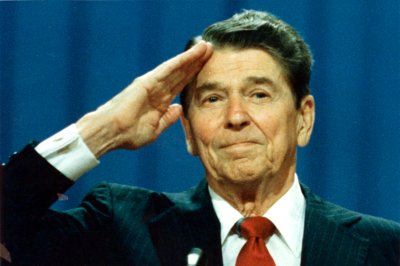Topic: Joseph Hirshhorn
Joseph Herman Hirshhorn (August 11, 1899 – August 31, 1981) was an entrepreneur, financier and art collector. Born in Latvia, the twelfth of thirteen children, Hirshhorn emigrated to the United States with his widowed mother at the age of six.
Hirshhorn went to work as an office boy on Wall Street at age 14. Three years later, in 1916, he became a stockbroker and earned $168,000 that year. A shrewd investor, he sold off his Wall Street investments two months before the collapse of 1929, realizing $4 million in cash. Hirshhorn made his fortune in the mining and oil business. In the 1930s, he focused much of his attention on gold and uranium mining prospects in Canada, establishing an office in Toronto in 1933. Toronto was notably hostile to foreigners then -- Hirshhorn later claimed that all the city's park benches had signs that read "No Dogs or Jews Allowed".
In the 1950s, he and geologist Franc Joubin were primarily responsible for the "Big Z" uranium discovery in northeastern Ontario and the subsequent founding of the city of Elliot Lake, Ontario. Hirshhorn Avenue, a residential street in that city, is named after him. By 1960, when he sold the last of his uranium stock, he had made over $100 million in cash from the uranium business.
It uses material from the Wikipedia article "Joseph Hirshhorn."





